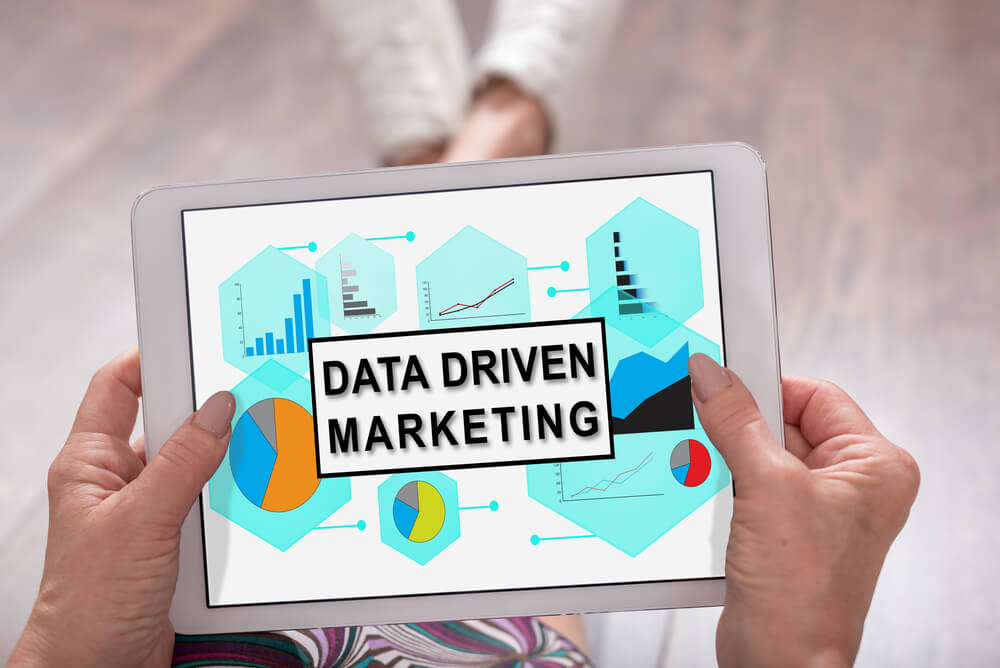Scaling a business is the dream of every entrepreneur, and to make this dream come true, you must take data driven decisions. And so, a data driven Marketing Strategy is essential.
Why?
Because you can’t scale what you can’t measure!
- So, how do we develop a data driven Marketing Strategy?
- Do you need to hire an expensive consultant to devise a data driven Marketing Strategy?
- How can data driven decision help your business attain sustainable growth?
First of all, you don’t really need to hire an expensive consultant to devise a fancy data driven Marketing Strategy, you can pretty much do it yourself too. In this blog post, I will share how data driven decisions help you scale your business faster, and how to devise an actionable strategy yourself.

Step 1: Know Your KPIs
The Key Metrics You Need to Measure
Scaling a business requires more than just increasing the number of customer numbers, opening a new location, or stepping into new markets. It’s about achieving growth strategically and sustainably. This is where the practice of measuring comes into play. By meticulously tracking and analyzing pertinent metrics, you gain valuable insights into your business’s performance. These insights empower you to make well-informed decisions and set achievable objectives.
1- Website Traffic:
No matter how many followers you have on Social Media, you can’t measure their behavior. Instead, focusing on your website traffic gives you an edge as you can gather more insight about your audience on your website. Monitoring website traffic helps you gauge your online presence and the effectiveness of your customer attraction strategies.
2- New vs. Returning Customers:
A balanced number of new and returning customers provides insights into customer retention efforts and the level of brand loyalty you have built. The more returning customers you have, the more you will save on marketing.
3- Sales Revenue & Net Profit:
Don’t just measure the number of sales, instead measure net profit and the margin too. It will help you have a clear understanding of your financial well-being.
4- Conversion Rate:
Not everyone who sees your ad or visits your website will be your customer, and knowing exactly how many of your visitors turn into a customer is vital. This KPI reveals the success of your marketing endeavors.
5- Customer Acquisition Cost:
Knowing the cost of acquiring a customer helps you allocate the right budget for your campaigns.
6- ROI on Marketing Campaigns:
Ideally, every single marketing campaign should have ROI goals. If you are running campaigns without calculating ROI, you are just burning your cash!
7- Customer Lifetime Value:
Did you know that cost of acquiring a new customer is 5 to 7 times more than retaining an existing one? So, you don’t just sell them and start looking for another, your customer must come back to spend more, and that’s where the lifetime value of a customer reveals how well you are doing.
8- Customer Retention & Churn:
Very much linked to #7, you should measure how many customers come back again and how many discontinue. Retention and Churn data is your guide to build loyalty.
Step 2: Harness the Power of Data-Driven Decisions
Again you don’t need an expensive consulting agency to do this. There are several tools that can help you take data driven decisions, and here are some of these:
1- Google Analytics:
Google Analytics provides an in-depth analysis of your website visitors, i.e. where your visitors are coming from, how much time they spend on which pages, whether they are first time visitors or coming back, etc. With advance eCommerce tracking you can track items like how many people checkout, how many abandon the cart, how much sales your certain campaign has generated and a lot more.
And the best part is that Google Analytics is free!
2- MailerLite:
Another free tool that helps you track your Email Marketing campaigns effectively.
3- Zoho CRM:
Another free tool that works best for services-based businesses, however, is equally effective for products-based businesses.
Wrapping it Up
Scaling a business is not a one-off task, instead, it is an ongoing journey, and having the right tools and information is a must.
I am sure with the above two-step guide, you are ready to embark on your journey to scale your business!
Always remember, “You Can’t Scale What You Can’t Measure”
